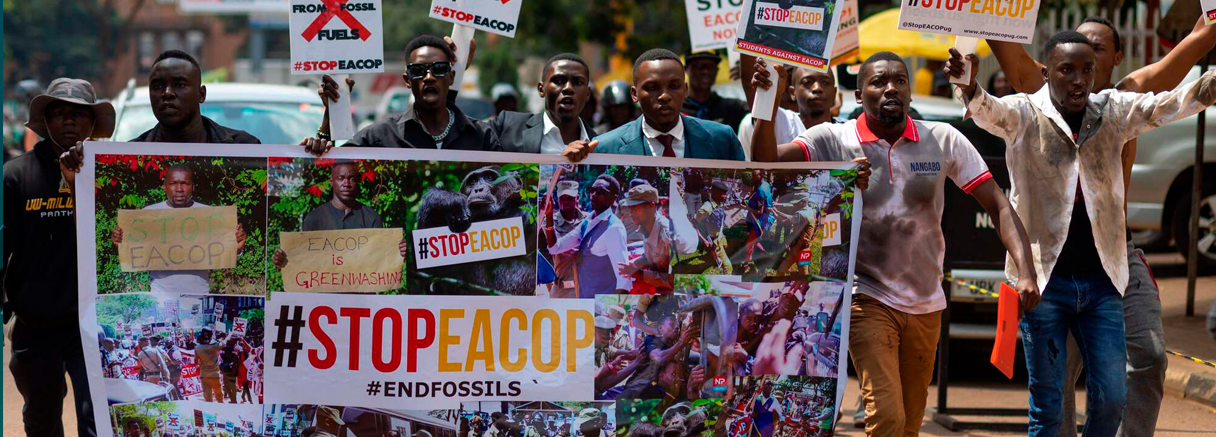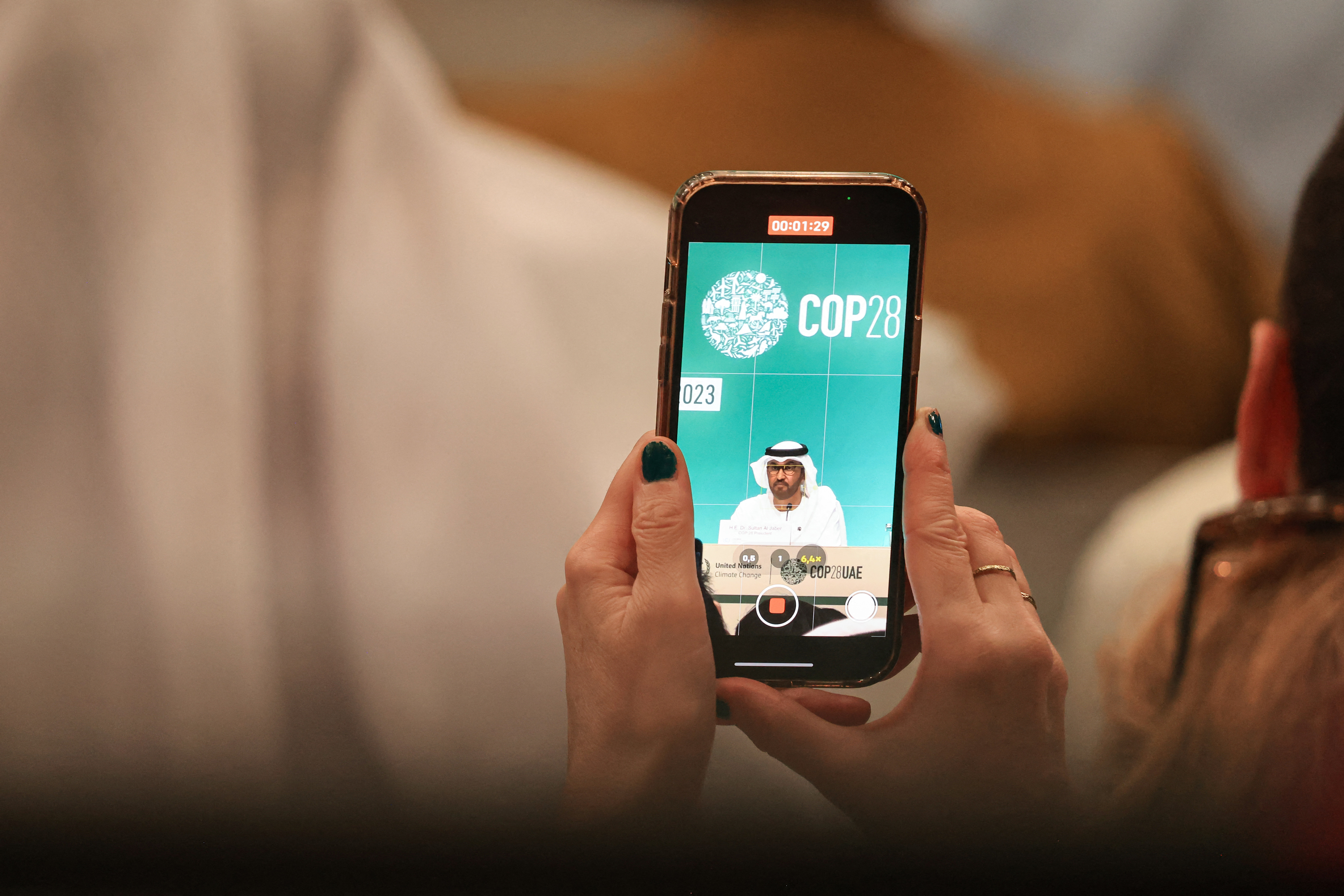COP28 presents a pivotal moment for advancing integrated climate and health solutions in Africa

Based on a study on ‘Enabling Transdisciplinary Research and Action in Health and Climate Change in Africa,’ supported by Wellcome Trust, a number of issues need to be considered in the COP28 discussions on Climate Change and Health.
Following the momentum gained during COP26, marked by the establishment of the COP26 Health Initiatives and the Alliance on Transformative Action on Climate and Health (ATACH), health strategically positioned itself as a focal point within the Paris Agreement. As COP28 takes center stage as an implementation COP, it bears the responsibility of transforming global ambitions into tangible actions, particularly in Africa.
The COP28 Presidency's commendable commitment to prioritising health in climate discussions is evident through the convening of the inaugural Health Day and Climate Health ministerial consultations. These efforts
demonstrate a concerted push to elevate health to the forefront of climate considerations. The high-level political declaration led by the COP28 Champion Country Group on climate and health aims to galvanise governments and donors to support the climate and health agenda within the framework of the Paris Agreement. However, the challenge lies in moving beyond rhetoric and translating these commitments into on-the-ground actions.

Amidst the global momentum and increasing funding opportunities, the focus is now shifting to practical implementation at the national level. In Africa, a region disproportionately affected by climate change, the translation of global ambitions into action faces a significant hurdle due to several reasons, including an inadequate understanding of the roles, activities, and needs of various stakeholders. This lack of clarity impedes progress in delivering integrated solutions.
While global initiatives such as the COP26 Health Initiatives and ATACH provide a framework, the challenge in Africa lies in translating these initiatives into practical, context-specific solutions. African countries are making strides by submitting Nationally Determined Contributions (NDCs) and implementing National Adaptation Plans (NAPs) in alignment with global
agreements and continental strategies. Strengthening national contextual evidence through case studies provides practical solutions, offering insights into unique challenges and contributing to a broader understanding of effective strategies.
Recognising the intricate interdependencies between climate and health, the establishment of regional multidisciplinary climate and health teams becomes paramount. Traditional approaches fall short in capturing the complexities of climate change impacts on public health, necessitating a comprehensive, multidisciplinary response. These teams can bridge knowledge gaps, enabling integrated analysis of environmental-health interactions. Their multidisciplinary expertise facilitates the development of holistic solutions and scientifically informed adaptation strategies to mitigate climate-related health risks.
While research efforts in Africa primarily focus on the health impacts of climate change, there is a growing need for integrated solutions that consider broader system-wide climate-health linkages. Indigenous knowledge, crucial in mediating climate-health interactions, is often overlooked in research and
development, limiting the impact of available climate and health research.
Capacity-building initiatives in climate and health are evolving but remain project-based and lack integration into broader systems. There is need for institutionalising C&H capacity building for instance through the establishment of Capacity Building Centers of Excellence that could forge connections between climate and health fields, identifying common areas of needs and opportunities for collaboration This underscores the crucial role of universities in building strategic collaborations towards transdisciplinary capacity building informative to policies and solutions.
Collaboration is a key component in addressing the complex challenges posed by climate change to human health. The Building Resilience Against Climate Effects (BRACE) framework and the Africa Union Climate Change and Resilient Development Strategy and Action Plan emphasise the importance of health in building resilient economies. Strengthening South-South cooperation is essential to developing effective solutions that draw upon diverse experiences and expertise in addressing climate and health challenges.
Despite a growing body of research on the impact of climate change on health, there is a persistent gap in
translating these findings into actionable evidence for policymakers. Shifting the focus towards applied research is crucial, as it can effectively bridge the gap between research findings and practical implementation, thereby contributing to more effective climate and health programs.
While there is the growing recognition of the intertwined nature of climate change and public health, particularly in Africa, funding for climate and health research and action remains a critical challenge. To effectively address the climate and health challenges unique to Africa, a more robust and sustained funding commitment is essential. This increased funding should prioritise supporting research on the local impacts of climate change on health, developing integrated climate and health interventions, strengthening capacity in climate and health research, facilitating knowledge translation and dissemination, and encouraging South-South collaboration.
Addressing the funding gap for climate and health research in Africa is not merely a matter of allocating resources; it is an investment in the well-being of millions of people across the continent. By supporting integrated climate and health research and action, we can mitigate the health impacts of climate change, build resilient communities, and pave the way for a healthier future for Africa.
Dr Joanes Atela is the Executive Director of the Africa Research and Impact Network.
Email: j.atela@arin-africa.org